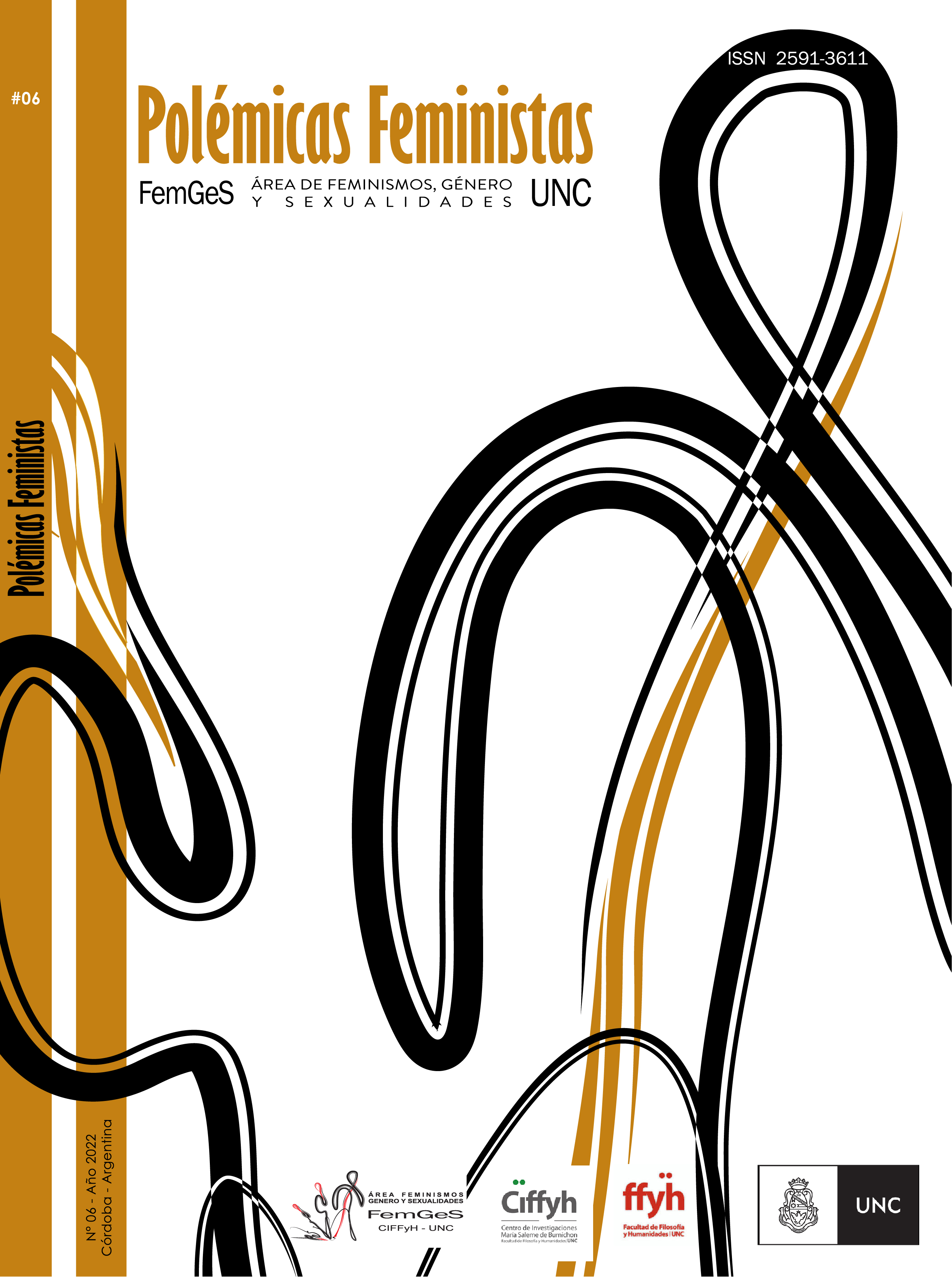Female subjectivity and literature in nineteenth-century England. An approach to Cumbres Borrascosas
Keywords:
Emily Brontë, subjectivity, the feminine, hermeneutics of selfAbstract
This article approaches the novel Wuthering Heights, by Emily Brontë, from the perspective of the history of thought, as a narrative experiment inscribed in the tradition of the hermeneutics of the self, and permeated by the atmosphere of the romantic post-revolutionary moment. Through the identification of speech topics and narrative strategies, we attempt to explore the enunciative possibilities opened by that text, related with the problematization of the social and cultural configuration of the feminine and the setting in debate of the meanings located in the significant “woman" in nineteenth-century England.
Downloads
References
Amorós, Celia (2000). Tiempo de feminismo. Sobre feminismo, proyecto ilustrado y posmodernidad. Cátedra.
Arfuch, Leonor (2007). El espacio biográfico. Dilemas de la subjetividad contemporánea. Fondo de Cultura Económica.
Auerbach, Erich (2008). Mímesis. La representación de la realidad en la literatura occidental. Fondo de Cultura Económica.
Berlin, Isaiah (2000). Las raíces del romanticismo. Taurus.
Bloom, Harold (ed.) (2009). The Brontës. Infobase Publishing.
Bourdieu, Pierre (1997). Razones prácticas. Sobre la teoría de la acción. Anagrama.
Butler, Judith (2009). Dar cuenta de sí mismo. Amorrortu.
Derrida, Jacques (1993). Spectres de Marx. L’État de la dette, le travail du deuil et la nouvelle internationale. Galilée.
Eagleton, Terry (2011a). Dulce violencia. La idea de lo trágico. Trotta.
Eagleton, Terry (2011b). La estética como ideología. Trotta.
Foucault, Michel (1996). El yo minimalista y otras conversaciones. La marca.
Foucault, Michel (2014a). El origen de la hermenéutica de sí. Conferencias de Dartmouth, 1980. Siglo XXI.
Foucault, Michel (2014b). Obrar mal, decir la verdad. La función de la confesión en la justicia. Siglo XXI.
Gilbert, Sandra y Gubar, Susan (1998 [1979]). La loca del desván. La escritora y la imaginación literaria del siglo XIX. Cátedra.
Illouz, Eva (2009). El consumo de la utopía romántica. El amor y las contradicciones culturales del capitalismo. Katz.
Kilroy, James (2007). The Nineteenth-Century English Novel: Family Ideology and Narrative Form. Palgrave Macmillan.
Löwy, Michael y Sayre, Robert (2008 [1992]). Rebelión y melancolía. El romanticismo como contracorriente de la modernidad. Nueva Visión.
Lutz, Deborah (2017). El gabinete de las hermanas Brontë. Nueve objetos que marcaron sus vidas. Siruela.
Millet, Kate (1995). Política sexual. Cátedra.
Milton, John (2012). El Paraíso perdido. Cátedra.
Nussbaum, Martha (2008). Paisajes del pensamiento. La inteligencia de las emociones. Paidós.
Parrinder, Patrick (2006). Nation & Novel. The English Novel from its Origin to the Present Day. Oxford University Press.
Rancière, Jacques (2011). Política de la literatura. Libros del Zorzal.
Rancière, Jacques (2015). El hilo perdido. Ensayos sobre la ficción moderna. Manantial.
Richardson, Samuel (1999 [1740]). Pamela, o la virtud recompensada. Cátedra .
Ricoeur, Paul (1996). Sí mismo como otro. Siglo XXI.
Said, Edward (1984). Permission to narrate. Journal of Palestine Studies, Vol. 13, N° 3, pp. 27-48.
Woolf, Virginia (2010 [1929]). Un cuarto propio. Alianza.
Downloads
Published
Issue
Section
License
Copyright (c) 2022 Beatriz Dávilo

This work is licensed under a Creative Commons Attribution-NonCommercial-ShareAlike 4.0 International License.
From 2022: Attribution - Non-Commercial - Share Alike (CC BY- NC- SA 4.0)
From 2011 to 2021: Attribution - Non-Commercial - No Derivative Works (CC BY- NC- ND)






